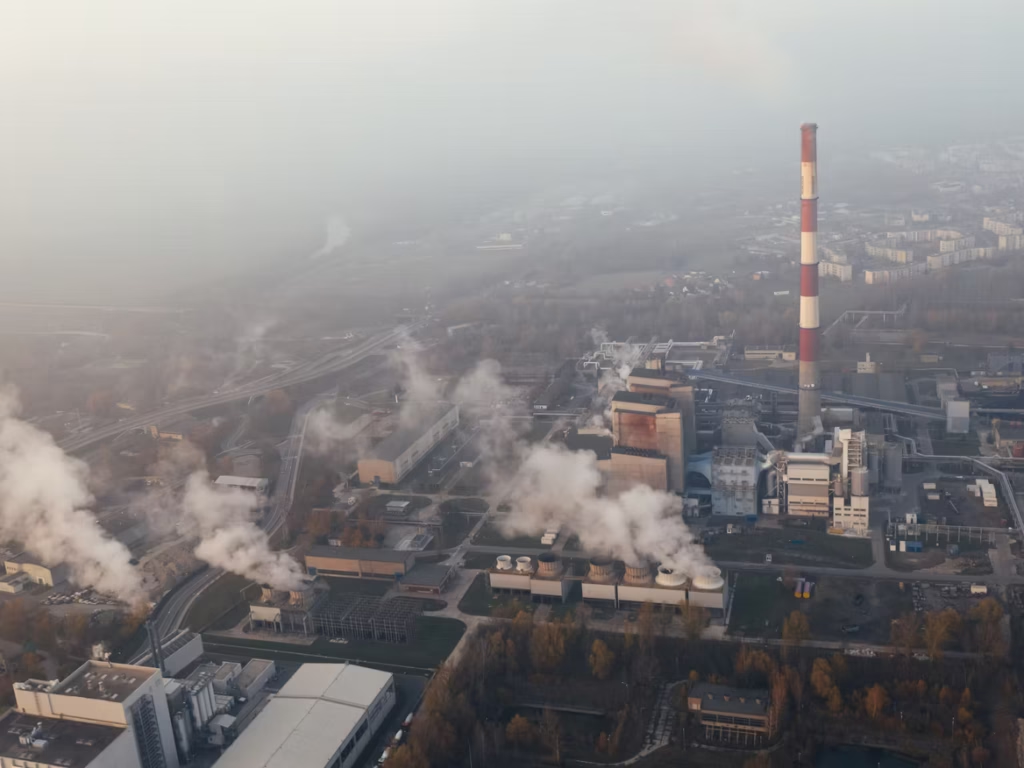Why Millennials Are Opting For Sustainable Travel: 5 Effects of Travel on The Environment

A little under a year ago, Greta Thunberg, a popular climate change activist, spoke passionately and strongly about the need for change, urgently and sustainably. Although this brought a lot of publicity to the massive youth movements against global warming, it did little in terms of real change that can be created and implemented. Greta would even refuse to travel by air when she was invited to different countries due to the large carbon footprint left behind by air travel and instead relied on a small boat with a small crew. Large protests around the world have for years demanded change The effects of travel on the environment are far and wide, but also relatively unknown or ignored. Not only does travel speed up global warming, but it also causes harm to ecosystems, communities, and the use of finite resources. This issue is pressing, important, and something that needs to be understood and addressed before its too late. We know that as a travel company, it may come across as odd that we speak about this. But awareness is important, and so is the promotion of sustainable ways to live and travel. At The Tarzan Way, all our experiences are targeted towards sustainable change in communities, small societies and villages, and individuals such as farmers and fishermen. But we still have a long way to go – and understanding and accepting the problem is the first step to making a change towards and for it. There are some really great blogs too that we were inspired by and recommend reading, such as this one on sustainable travel and how to do it. Here are the main effects of Travel on the environment, that you can change and work towards fixing because even small steps matter in every way. Global warming and Travel – the humungous carbon footprint Flights are a drain on resources – but experts say they won’t stop anytime soon It is estimated that around 6-7% of total year-on-year global warming is caused by travel by flight, and a few points less than this number is the share of cruises in the same. The two methods of travel use up huge amounts of fuel, and not much is really going to change because fuel usage is convenient and cheap, although incredibly harmful for the environment. One average round trip from a place and back in a flight can cause the same amount of greenhouse gas (GHG) pollution as 50 cars in a year, per person. It takes a lot of fuel for flights to fly and land safely, and many companies get close to bankruptcy due to the expense of running planes that use so much fuel on a daily basis. Although some American airlines like Delta have pledged to use more sustainable fuel and change the way fuel is used by planes, long term change won’t start until companies are pressurized into it and realize the cost of their actions. Fuel used to power flights is dangerous not just because of the carbon footprint but also the consequences of exhaust emitting carbon molecules into the stratosphere. Oil is a scarce resource – and the cost at which we guzzle it every day in all our activities is simply not worth the convenience it brings. There needs to be a shift towards green energy, and it needs to be fast. There are various resources you can read on sustainable travel and sustainable flying in specific, which is a less developed idea and movement at this stage. What you can do – as much as possible, pick alternative modes of transport when you’re traveling for short distances. For longer distances, flights are pretty much a necessity – what you can do is chose wisely. Research on which companies have implemented change, which are investing in low fuel planes, etc. These factors are important and will help the money you spend on flights go to a good place, even if it’s for years onwards. Don’t put for cruises – they’re an unnecessary luxury, generate a lot of waste, use up too much fuel, and are especially dangerous due to the risk the COVID-19 pandemic brings. Reduction in Biodiversity If we continue our wasteful use of resources, there won’t be any biodiversity We know you see it on the news every day, read about it frequently – some species or the other is endangered or extinct and this is increasing at a rapid rate. You may wonder, how does it really matter or impact me? It’s a good question, and something to address first. Biodiversity is extremely important because of the ecosystems dependent on them – each and every species has a relation with multiple others and their existence, no matter where their position is in a food web or triangle. When one species reduces in number or goes extinct, it threatens the entire ecosystem – this is bad for us because we’re dependent on a number of them for more things than you’d guess. Each species has its role and place – disturbing that can have devastating impacts. For example, take bees – their threatened existence is something to worry about not just in terms of our honey supply, but also for the essential process of pollination that bees carry out. Without them, seeds wouldn’t get from one plant to another, our agricultural systems would collapse, and the ecosystem dependant on them (they control the population of small worms, pests, etc) would face the same fate. So what does travel have to do with this? We bet you’ve visited a park or two in your travels, or seen the interactive zones in large ecosystems. More often than not, human encroachment actually results in reduced populations and a disturbance in their systems. Some parks do follow proper procedures, but many don’t too. Moreover, those deep jungle resorts and hotels in forests mean clearing the land completely, damaging

